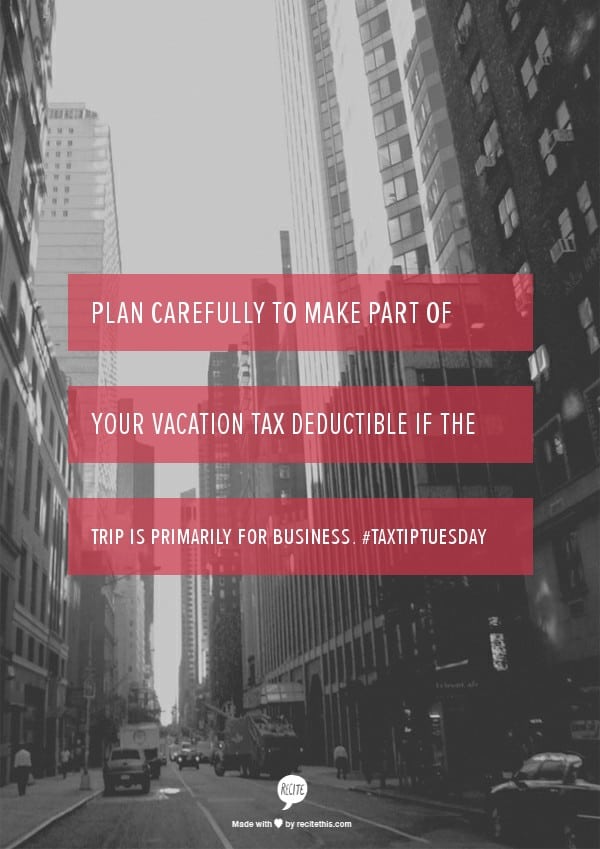Meals and Entertainment were among the most popular deductions in the tax code. Though recent changes to the tax code reduced the deductibility for meals bought for staff and eliminated most of the deductions for entertainment, meals and entertainment remains a big part of life and business.
Business life, especially those in areas of sales and account management, have often revolved around having an “expense account” or “expense reimbursement” around entertaining clients and prospective clients. The understanding that these business expenses were a legitimate cost of business, but prone to abuse by small business owners, resulted in the tax code only permitting a 50% deduction for the expenses.
In 2018, the tax code was changed and eliminated the meals portion of the deduction, but entertaining clients and potential clients remains valid. Additionally, companies are able to take deductions for internal morale activities, as long as they stay within compliance of the current tax code.
Understanding how to stay in compliance of the new guidelines involving entertainment and morale activities is critical to your business tax return maintaining these deductions, while still enabling your business to woo and entertain clients. During the 2020 COVID-19 Pandemic, business entertainment obviously declined, but it is expected that it will return when the restrictions are eased with vaccination and better treatments reducing the state of emergency.
Modern phone based receipt recording has made tracking business expenses easier than ever, eliminating the shoebox of receipts that was the cliche for many years. Setting up a system of expense tracking and staying within compliance is critical to maintaining what remains of this deduction.

